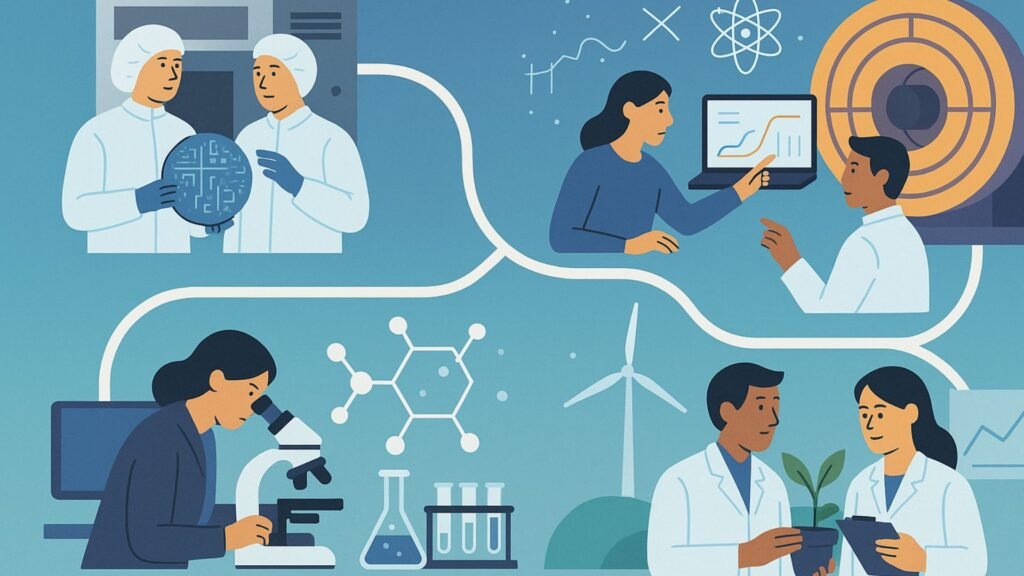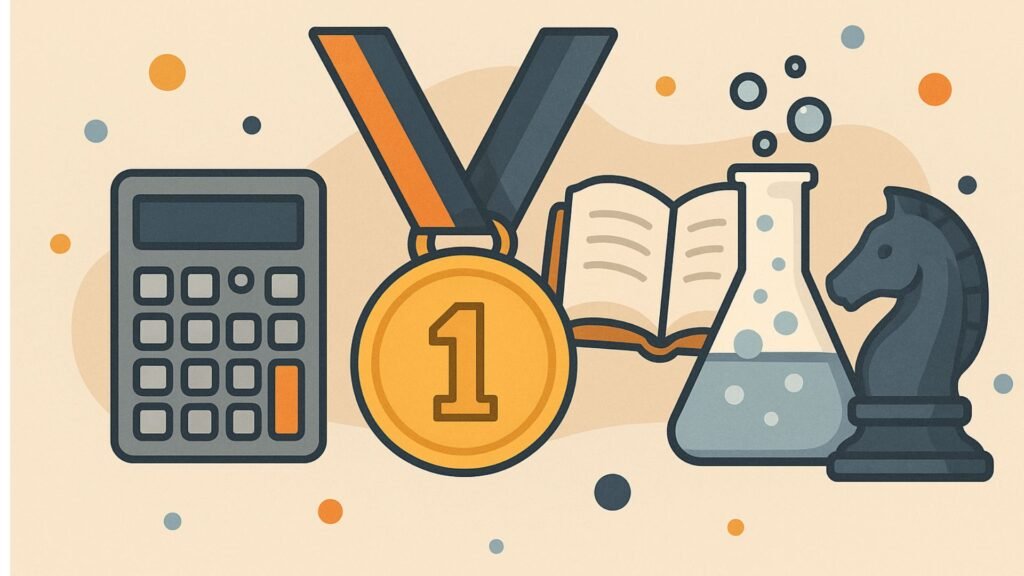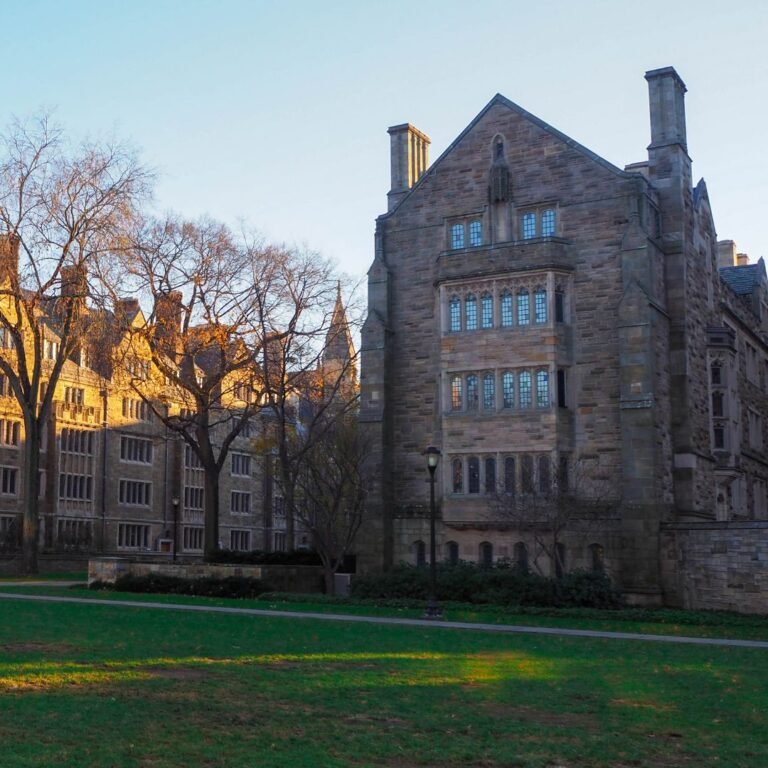Are you dreaming of walking through the halls of Harvard, Yale, or Princeton? Wondering what academic choices set top applicants apart?
The journey to an Ivy League acceptance starts long before senior year. In fact, the smartest applicants begin early by aligning their academic pursuits with their dream major.
These are called academic pathways to Ivy League majors, and they can make all the difference.
This comprehensive guide explores 10 advanced academic pathways to Ivy League majors that can help you stand out to admissions committees.
Whether aiming for Computer Science at Columbia or Economics at Princeton, these strategies are designed to build your academic resume with precision and purpose.
Let’s dive into the academic pathways to the Ivy League that can elevate your application from qualified to exceptional.
1. Advanced STEM Research Tracks

One of the most effective academic pathways to Ivy League majors in science, technology, engineering, and math (STEM) is through hands-on research.
Why It Works:
- Ivy League schools look for evidence of independent inquiry.
- Research projects show intellectual curiosity and initiative.
What to Do:
- Join research mentorships or summer programs like RSI or the Discover Research Program.
- Publish in student journals or present at science fairs.
- Use platforms like Essai’s Research Mentorship Program to connect with mentors in your field of interest.
2. Dual Enrollment with College-Level Coursework
Pursuing college credits in high school is a signal of academic readiness.
Why It Works:
- Shows mastery beyond AP classes.
- Demonstrates time management and maturity.
What to Do:
- Enroll in community college or university extension programs.
- Focus on courses that align with your intended major.
- Include transcripts in your application to reinforce this academic pathway to Ivy League majors.
3. AP Capstone or IB Diploma Programme
Ivy Leagues value rigor, and the AP Capstone and IB Diploma programs provide just that.
Why It Works:
- These programs promote interdisciplinary thinking.
- AP Capstone includes a research project that aligns with your major.
- IB Theory of Knowledge and Extended Essay push academic depth.
What to Do:
- Choose subjects that correlate with your intended major.
- Use your Capstone or Extended Essay to explore themes relevant to Ivy League majors.
4. Subject-Specific Olympiads and Competitions

Academic competitions build both credibility and confidence.
Why It Works:
- Awards from Math, Chemistry, or Economics Olympiads carry weight in elite admissions.
- Demonstrates passion and mastery.
What to Do:
- Participate in national or international Olympiads.
- Try contests like the AMC, USABO, or USA Computing Olympiad.
- Highlight achievements strategically in your application.
You can also consider a specialized tool like PIPPAMS to find the right extracurricular activities for your profile.
5. Specialized Summer Programs
Elite summer programs offer immersive learning and networking opportunities.
Why It Works:
- Programs like TASP, PROMYS, and SSP are highly selective.
- Admissions officers recognize their rigor and reputation.
What to Do:
- Apply early (some have January deadlines).
- Choose programs aligned with your major—Essai’s counselors can help you build a strategy around these academic pathways to Ivy League majors.
6. Advanced Independent Study Projects

Creating your own academic project can demonstrate both creativity and initiative.
Why It Works:
- Offers proof of passion and self-direction.
- Lets you dive deep into niche topics relevant to Ivy League majors.
What to Do:
- Design a study, write a whitepaper, or build a portfolio.
- Use GitHub for CS, or create a blog for Political Science.
- Seek expert guidance—Essai connects students with mentors to structure these projects effectively.
7. Rigorous Humanities and Social Sciences Pathways
Your course selection must reflect depth if you’re targeting majors like History, Philosophy, or Political Science.
Why It Works:
- Ivy League schools want students who read widely and think critically.
- Your writing and analysis skills are front and center.
What to Do:
- Take advanced literature, philosophy, and history courses.
- Submit essays to competitions like the John Locke Essay Contest or National History Day.
- Use these essays as writing samples or parts of your application in these academic pathways to Ivy League majors.
8. Foreign Language and International Relations Pathway
Cultural fluency matters for applicants targeting International Studies, Global Affairs, or Diplomacy.
Why It Works:
- Shows global perspective and adaptability.
- Language proficiency is a long-term investment.
What to Do:
- Learn a foreign language deeply—go beyond the classroom.
- Engage in Model UN or international volunteer programs.
- Consider language immersion summer programs to enrich your academic pathways to Ivy League majors.
9. Data Science and Coding Pathway

Data fluency is a rising favorite across Ivy League majors—from Economics to Psychology.
Why It Works:
- Analytical skills are in demand across disciplines.
- Coding projects show problem-solving ability.
What to Do:
- Learn Python, R, or SQL through platforms like DataCamp or Coursera.
- Complete data projects, like analyzing public datasets and publishing insights.
10. Interdisciplinary Coursework and Cross-Major Experience

Many Ivy League students double major or pursue hybrid disciplines. Show you’re ready.
Why It Works:
- Demonstrates intellectual versatility.
- Reflects real-world thinking, where disciplines blend.
What to Do:
- Combine coursework across science and humanities.
- Choose electives that cross disciplines (e.g., Behavioral Economics).
- Use your Common App essay to tie it all together within these academic pathways to Ivy League majors.
Why These Academic Pathways to Ivy League Majors Matter
Each of these academic pathways to the Ivy League is designed to build one or more of the following:
- Intellectual curiosity
- Subject-specific depth
- Academic maturity
- Readiness for college-level learning
Essai supports students in discovering and pursuing these academic pathways to Ivy League majors with tailored mentorship, essay guidance, and personalized academic planning.
FAQs
What is the best academic pathway for Ivy League majors?
There is no one-size-fits-all answer, but a focused, deep, and aligned pathway tailored to your intended major (like research for STEM or essays for humanities) increases your odds significantly.
Can I build my own pathway if I don’t have access to elite programs?
Yes! Independent projects, online courses, and virtual research mentorships (like those at Essai) can still make your application stand out.
How early should I start planning my academic pathway?
Ideally by Grade 9 or 10. But it’s never too late to align your interests with your intended Ivy League major.
Do Ivy League admissions officers recognize these pathways?
Absolutely. Admissions officers value unique, advanced, and initiative-driven academic pursuits over generic extracurriculars.
Final Thoughts: Begin Strategically, Build Intentionally
Your dream Ivy League acceptance doesn’t happen overnight. It’s a mosaic of choices—what courses you take, what projects you pursue, and how you tell your story. With the right academic pathway, your application can rise to the top of a competitive pile.
Whether you’re just beginning or refining your strategy, Essai can help you align your journey with what Ivy League schools truly value.
Start now—book a free consultation with Essai at essai.in and let your academic journey take flight.


